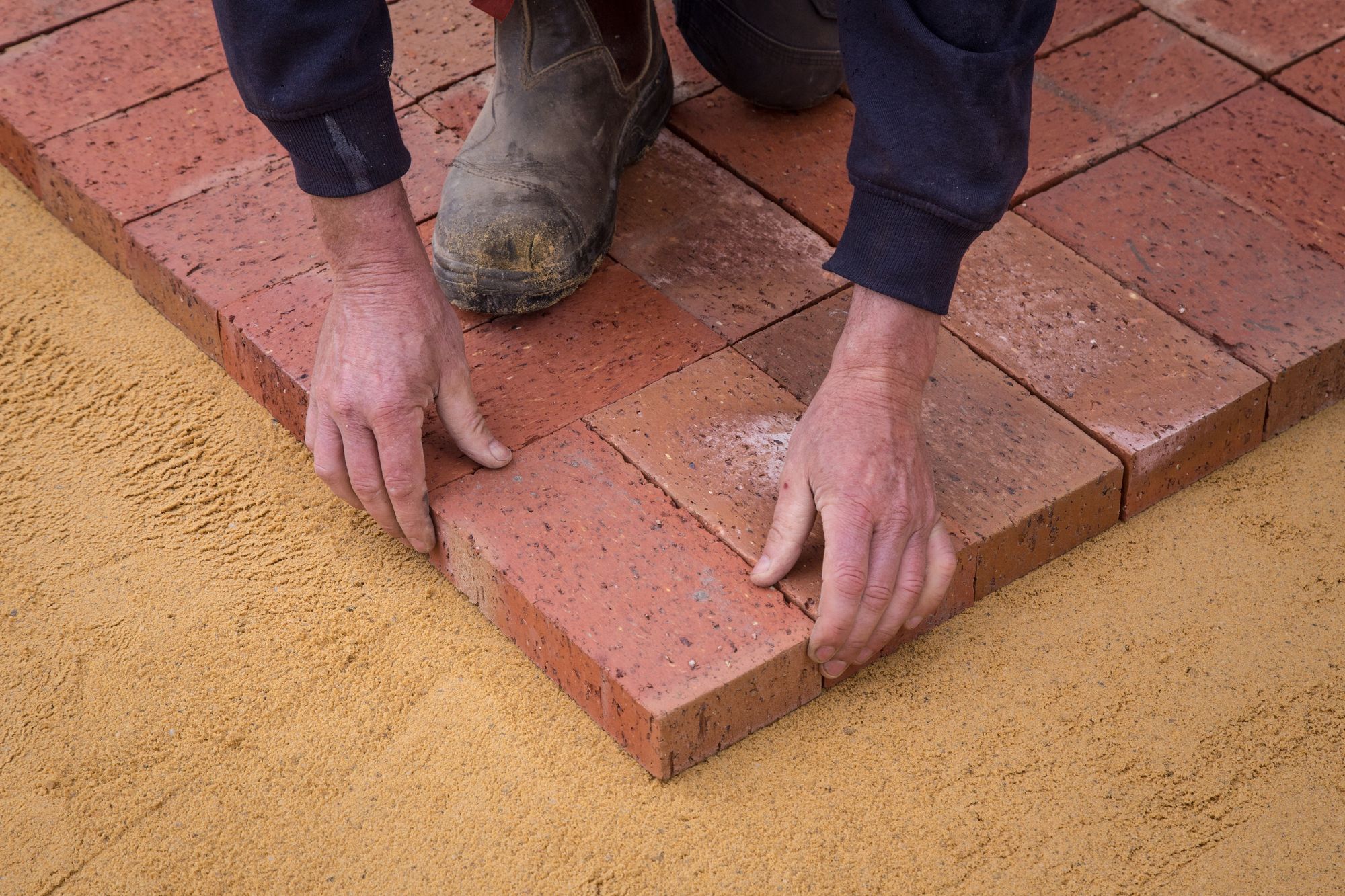How to know when you're ready to change

Think back to a time when you were eager to start a new fitness routine, diet, or work project. You were fired up and ready to tackle the challenge. You pushed yourself to new limits and it felt great to see your progress day after day. But a few weeks in, the new habit began to feel daunting. You slowly lost motivation, and eventually, you gave up.
Sound familiar? This scenario is much more common than you may think. In my coaching practice, I've found that time and time again, people massively overestimate their capacity to incorporate and sustain a lifestyle change. When someone is unable to stick with a new habit they wanted to build, it's almost never due to a character flaw or lack of willpower or moral failing. It's likely to be a simple misjudgment of how sustainable something is on a long time horizon – a misjudgment we are all apt to make in moments when inspiration and motivation run high.
So please, don't be too hard on yourself if you've given up on your goals in the past. We all have, thousands of times over, I guarantee it.

Oftentimes, our expectations of ourselves far exceed our current abilities. This ambitious and optimistic mindset isn't a bad thing. It has the potential to be a huge asset and driver of success. It just has to be tempered with a dose of practicality. This is why I always ask my clients, "On a scale of 1 - 10, how confident are you that you can maintain this new habit every day for the next week?"
Many times, they will evaluate their confidence level as a 7 or 8, and deem the habit quite easy to adopt as a result. But from what I've observed, if they answer anything less than a 9, their desired habit is likely still too difficult for them to pick up now and sustain in the long run. A habit change that is appropriate for where they are at should feel incredibly easy, almost too easy.
Why? Because a new habit needs to be extremely low effort to eventually become automatic. It needs to be so low effort that you rarely have to think twice to do it daily. It needs to be so low effort that you can still do it on days when everything else is going wrong – when you're sleep deprived, when you had a charged argument with your partner, when you're physically exhausted from your workout, and when you're mentally exhausted from racing to meet a tight deadline at work. It needs to be so low effort that you can consistently practice your new habit, no matter what.
Breaking down big changes into small steps
When is the last time you got inspired to improve yourself? Whether you resolved to get stronger, to be more present in your relationships, or to gun for that big promotion, identifying a big, audacious, goal is easy. Planning out how to get there and following through is the hard part.

We all strive for big changes on our quests to become the best versions of ourselves, and that is truly inspiring. However, in order to successfully reach our big goals, we must first be willing to break them up into a series of smaller, progressive steps with lower barriers to entry.
I want to share a story from one of my incredible clients, who is working hard to improve his health. He is a young professional in his 30s, who was finding it hard to build the habit of going to the gym after long days at work. He had initially set a goal for himself to work out 3 times per week, but more often than not, ended up only making it in for one weekly session. He would start the day with high energy and the full intention of squeezing in his planned workout. But when 6pm rolled around, his motivation had drained completely and he decided that he was too exhausted to go after all.
Rather than push my client to suck it up and force himself to get his scheduled gym training done, I asked him to start simpler. For the next week, his job was simply to put on his shorts and training shoes and drive to the gym, on at least 2 days. If he felt like going in once he arrived, he was free to do a workout, but there was no pressure to do so.

Once he got consistent with those short trips to the gym parking lot, we upped the ante. Each time he got to the gym, he was to walk inside, check in, and do a 10-minute walk on the treadmill. Only 10 minutes. Then, if he felt like doing more after, he was free to extend his walk or pick up some weights. But again, there was no pressure to do so.
The idea was to set the bar so low that he would feel little to no resistance to doing some action toward his goal. While the actions started out almost laughably small, they moved the needle week over week, more so than continuing to fall short of his initial expectations.
It took time, but we were gradually able to build to the point of him going to the gym 3 times per week and executing his original workout routine. This conservatively slow approach required patience on his part, but it ultimately worked better than him trying to take on too much and accumulating feelings of guilt and disappointment.
We held back from pursuing a dramatic change overnight. Instead, we took small steps, adjusting the intensity only when he felt confident enough to maintain the change consistently.
Reframing resistance
I almost always find resistance to this approach. Our culture is obsessed with instant gratification and extreme transformation. Predatory marketing campaigns sell us on intense routines that promise a "new you in 30 days", only to leave you hanging out to dry when the 30 days are over. Sure, you may be able to get something close to your dream body if you follow a militaristic routine for a month, but what makes you believe that your burned out body won't regress right back to where it started in the next 30 days to follow?
In the context of today's marketing and media, it's no surprise that people feel that small changes "aren't enough." As a coach, it's my job to challenge this mentality. It is my job to guide clients towards sustainable change, keeping their long-term vision in mind, even if it comes at the expense of short term satisfaction.
In the end, it's about making consistent, manageable changes that add up over time. Practicing small, basic habits is like laying bricks. It takes lots of time and repetition, but one day you will look back and be thankful that you laid a strong foundation that you can rely on for a lifetime.

Continuing to reassess your goals
There's no one-size-fits-all timeline for effective habit change. Each individual's experience will vary, and plateaus or stagnation are a part of the process. Progress is not linear, and there will be times when something that previously felt easy suddenly becomes hard. This could be due to a number of factors including external stressors, age, illness, or injury, among others.
Not only are bumps in the road perfectly ok, but they are expected and necessary legs of your journey. They indicate that it's time to reassess and adjust our plan to fit your current reality.

Pursuing habit change can feel frustratingly slow at times, but everything works out when you are patient and trust the process. Remember that the small, easy changes are the ones that most reliably lead to results over time. Keep your long-term vision in mind, and celebrate your successes along the way, no matter how tiny they seem.


